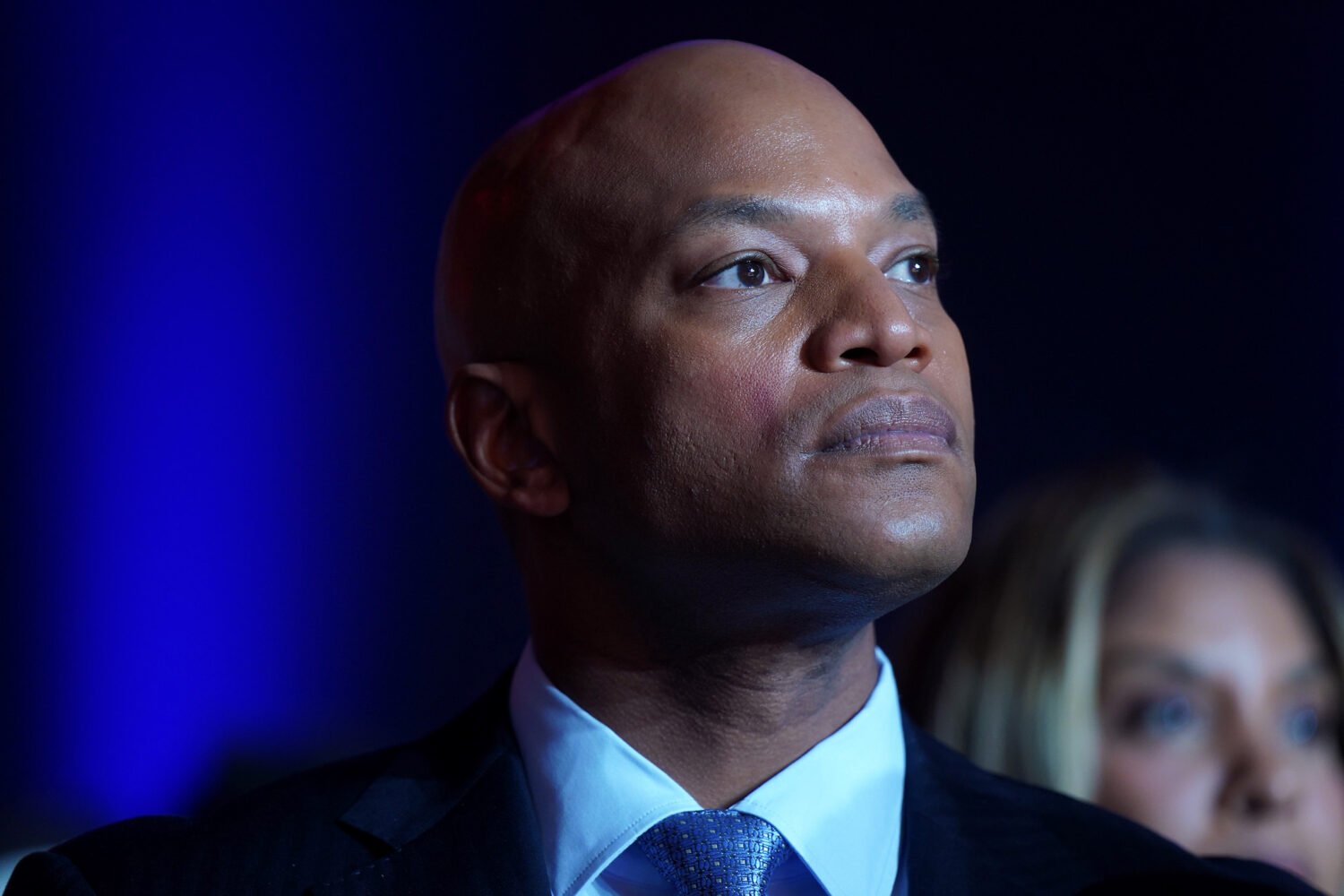Thanksgiving football and the ongoing World Cup just got more interesting for Marylanders: Mobile and online sports betting is set to launch throughout the state on Wednesday. Here’s what to expect—and why even non-bettors should care:
What’s the big deal with mobile and online betting?
Although Marylanders have been able to physically place sports wagers at casinos since 2021, mobile and online betting has proven much more popular than physical betting in other states. In fact, Maryland Governor Larry Hogan estimates that 80 to 90 percent of wagers will be made through digital sportsbooks.
For the state, more bets placed means more tax revenue. The nearly one-year delay between Maryland approving in-person sports wagering last December and this week’s launch of mobile and online betting not only irritated bettors but also Hogan, who argued the state was losing millions.
According to the American Gaming Association, an industry trade group, commercial sports betting revenue totaled $4.33 billion nationwide in 2021, a 180 percent increase from 2020. Maryland was not ranked in the top 10 states, which were led by New Jersey, Pennsylvania, and Illinois.
Where will the new tax revenue go?
Maryland voters legalized sports betting in 2020 with the understanding that it would help fund education. All sports wagering licensees in the state are required to pay 15 percent of their revenues to Maryland, and the bulk of that money will go to programs that are part of the Maryland Department of Education’s Blueprint for Maryland’s Future Fund.
According to The Baltimore Sun, Maryland has collected $5.4 million for education to date. WUSA9 reports that the state projects mobile and online sports betting to generate $26.4 million in tax revenue in its first year
What are the downsides?
Many experts who study and treat problem gambling are concerned that the rapid expansion of sports betting across the country since a 2018 Supreme Court decision overturned a federal ban will lead to more people developing gambling addictions—something that already has happened in Europe, where years of legal sports betting have produced an ongoing backlash and contributed to the U.K. considering an overhaul of its gambling laws.
Mobile sports betting may be particularly risky. Research has found that teenagers and young adults—a large and enthusiastic portion of most sports fanbases—are at higher risk for developing gambling disorders than adults, and that most adults with a gambling problem started at an early age. Meanwhile, sports gamblers who use mobile devices have higher rates of problem gambling than those who don’t.
“When you legalize and increase access to something that can be potentially harmful to some, it may lead to addiction,” Will Hinman, a peer recovery specialist at the Maryland Center of Excellence on Problem Gambling, told The Baltimore Sun. “I would expect we would probably see an increase in calls. So we’re preparing for it.”
Another problem? Expected tax revenues that never materialize. According to The New York Times, Kansas collected just $271,000 in taxes this fall against $350 million of bets this fall. The Times also reports that projections from the American Gaming Association of how much tax revenue each state could expect to collect if it legalized sports betting have fallen short:
The association’s consultants predicted, for example, that Virginia could expect to collect an extra $57 million a year in tax revenue if it legalized mobile sports betting and applied a 15 percent tax rate. That is what Virginia did, but in the most recent 12 months of betting, the state collected only $38 million.
Other states with large shortfalls included Connecticut, Michigan, West Virginia and Wyoming. Overall, in the 14 jurisdictions that allow mobile sports betting and that have tax rates in the range anticipated by the gambling association, tax revenues over the last 12 months have been nearly $150 million below the $560 million the group predicted, The Times found.
What are the rules in DC and VA, again?
Online sports betting has been available in DC and Virginia since May 2020 and January 2021, respectively. However, mobile betting has been more popular in Virginia, which gave licenses to several sportsbook operators. Conversely, DC signed a contract with only one sports betting platform whose interface has led to criticism and has even caused some bettors to cross state lines to use place wagers.
With mobile and online sports betting now legal in Maryland, “DC’s only-show-in-town approach will soon be surrounded by a stable of competitors offering better promotions and more highly regarded apps,” writes the The Washington Post.
Where can Marylanders place wagers?
Regulators approved 10 sportsbook operators last week.
Seven of those sportbooks went live today as part of an “operational test.” If all goes well, here’s where Maryland bettors can place their wagers on Wednesday:
- Barstool Sportsbook
- BetMGM
- BetRivers
- Caesars
- DraftKings
- FanDuel
- PointsBet
The other three approved sportsbooks—BetFred, PARX Interactive, and FedExField/Fanatics—aren’t yet ready, according to Fox Baltimore.
Marylanders will be able to bet on all major league sports, college football and basketball, certain international competitions, and more.



















